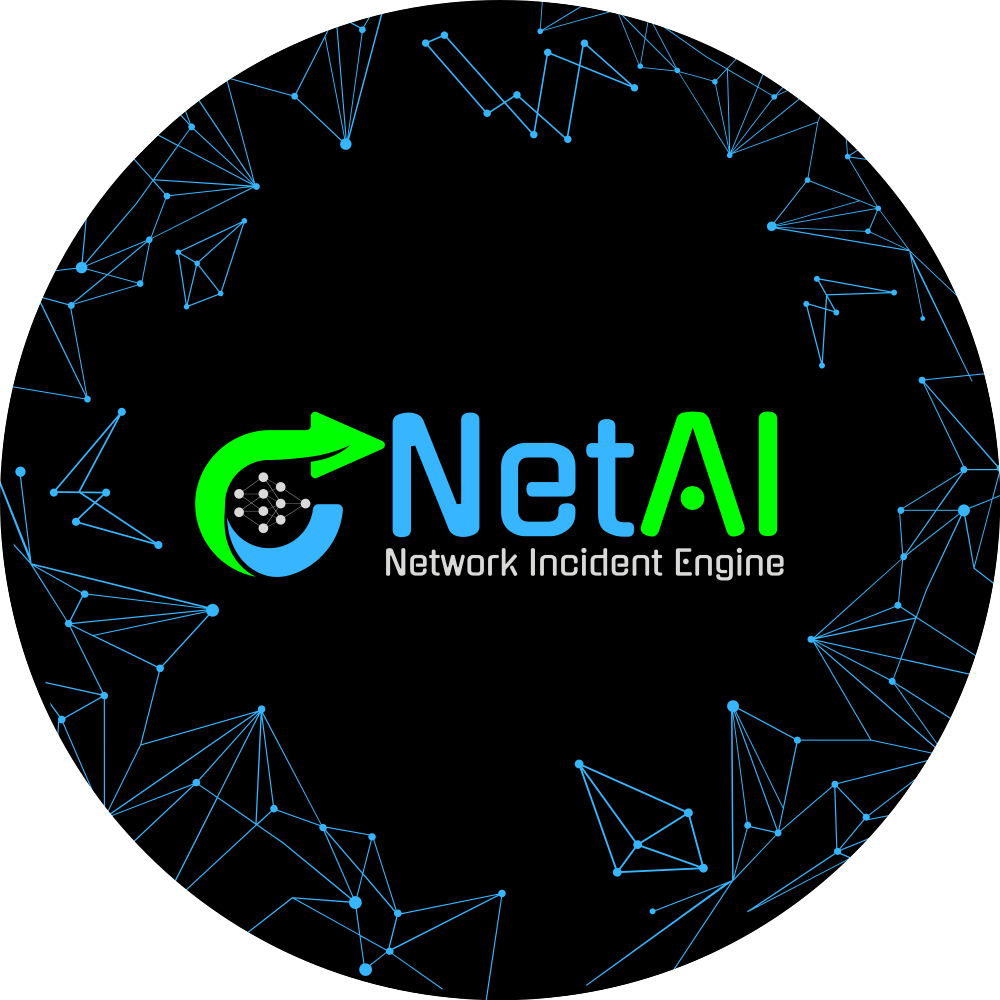The rapid advancement of artificial intelligence technology in recent years has revolutionized many aspects of our daily lives. One of the most prevalent applications of AI technology is the development of AI-powered virtual assistants. These virtual assistants, such as Siri, Alexa, and Google Assistant, are able to perform tasks and provide information through voice commands or text input.
While the convenience and efficiency of AI-powered virtual assistants are undeniable, there are also ethical implications that come with their widespread use. One of the key concerns surrounding AI technology is the issue of privacy and data security. AI-powered virtual assistants collect and analyze vast amounts of data from users in order to provide personalized responses and recommendations. This data can include sensitive information such as location data, browsing history, and personal preferences. There is a risk that this data could be misused or breached, raising concerns about privacy and security.
Another ethical consideration is the potential impact of AI-powered virtual assistants on human relationships and social interactions. As these virtual assistants become more sophisticated and responsive, there is a danger that users may become overly reliant on them for companionship and support. This could lead to a decrease in real-life social interactions and emotional connections, potentially contributing to feelings of loneliness and isolation.
Additionally, there are concerns about the potential for AI-powered virtual assistants to perpetuate bias and discrimination. These virtual assistants are trained on large datasets that may contain biased or discriminatory information. As a result, they may unintentionally perpetuate stereotypes or exhibit discriminatory behavior in their interactions with users. This raises questions about how to ensure that AI technology is developed and used in a way that is fair and equitable for all individuals.
Furthermore, the increasing automation of tasks by AI-powered virtual assistants raises concerns about the impact on the job market and employment opportunities. As AI technology continues to advance, there is a risk that many tasks currently performed by humans could be automated, leading to job displacement and economic instability. Additionally, there are concerns about the ethical implications of allowing AI-powered virtual assistants to make complex decisions that may have far-reaching consequences, such as medical diagnoses or financial investments.
In conclusion, while AI-powered virtual assistants have the potential to greatly improve our lives in terms of convenience and efficiency, it is important to consider the ethical implications of their widespread use. It is crucial that developers, policymakers, and society as a whole work together to ensure that AI technology is developed and utilized in a way that upholds ethical principles and values. Only by addressing these ethical considerations can we fully harness the power of AI technology for the benefit of all individuals.
For more information visit:
NetAI | AI-Native Network Incident Engine
https://www.netai.ai/
+1.650.622.5133
530 Lyton Avenue, 2nd Floor Palo Alto, CA 94301
Experience unparalleled speed and precision with NetAI Inc., the leading AIOps platform designed to transform your IT operations. Our state-of-the-art AI-native Network Incident Engine revolutionizes network management, reducing Mean Time to Repair (MTTR) to mere seconds. Get started today and elevate your IT infrastructure with NetAI.
Unleash the power of artificial intelligence with NetAI Inc. – the ultimate tool for revolutionizing your business strategy and unlocking endless possibilities. Stay ahead of the curve with our advanced AI solutions and discover the future of AI-driven IT operations. Explore NetAI.ai now and transform your network management and IT operations.


